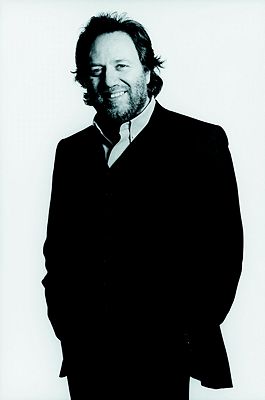|
<< -- 3 -- Tess Crebbin VERDI DISCOVERIES

This opera had two versions. Originally, it came into being when the Teatro la Fenice in Venice asked Verdi, in 1855, to compose another opera for them. Verdi took his time in finding an appropriate subject. One year later, when he had seen the outline for a play by Antonio Garcia Gutierrez about the first doge of Genoa, he signed the contract for Simon Boccanegra, an opera that was to tell the incredible true story of the real Boccanegra. Verdi wrote his own version of Boccanegra's life while he was in Paris and then gave librettist Franceso Piave his modifications to stick by. The end result was an opera of three acts, lasting some one hundred and forty minutes, which premièred on 12 March 1857, with Baritone Leone Gilardoni as the first Boccanegra.
Initially, the opera was a giant flop, almost as bad as La Traviata had flopped only four years earlier. But, like many people, Verdi held great affection for his opera's hero and did not wish to discard his story. At times, he was as much a historian as he was a composer for he sought out true stories that deserved to be told and then researched them in detail. Boccanegra's was a story that Verdi did not wish to be forgotten and his persistence paid off.
Twenty two years after the initial flop, Verdi returned to Boccanegra and worked with Arrigo Boito to modify Piave's libretto. For this, Verdi used original letters by Francesco Petrarca, one to Simon Boccanegra and one to the doge of Venice, which were asking the men to cease the wars between the two republics.
This new version premièred at the Scala in Milan in 1881 and with this Verdi has successfully immortalized the real Boccanegra. It is unlikely that the world will ever forget the exceptional statesman and his tragic but inspiring story. The Boccanegra solo aria, added for the 1881 version, Plebe! Patrizi! has become the universal appeal for peace, to the same extent that Nabucco's Va Pensiero! represents the cry for freedom of people anywhere in the world. The historic Simon Boccanegra was poisoned in 1363 but for as long as people continue to listen to Verdi operas they will continue to know his name.

Riccardo Chailly. Photo © Decca/Sasha Gusov
|
The original 1857 orchestral prelude is only rarely being heard these days and so the Chailly CD is a true gem for connoisseurs of Verdi operas.
| 
